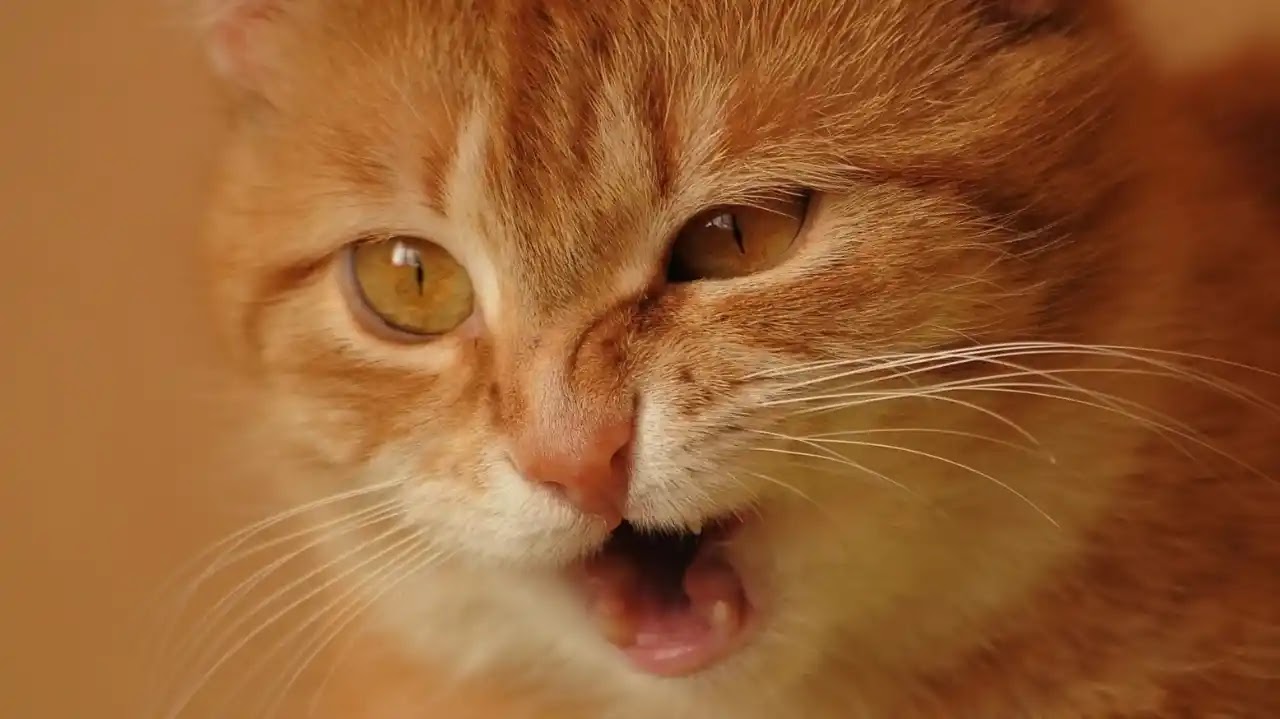introduction
Cats, like humans, can experience coughing and sneezing at times, which may indicate an underlying health issue. Understanding the causes, symptoms, and care tips for these respiratory symptoms is essential for providing the best care and relief for our feline friends.
table about Cat Coughing and Sneezing causes, symptoms and home care
| Item | Information |
|---|---|
| Common Causes | 1. Upper respiratory infections, such as feline viral rhinotracheitis or feline calicivirus. 2. Allergies or irritants like pollen, dust mites, or cigarette smoke. 3. Asthma or other respiratory conditions. 4. Heartworm disease. |
| Symptoms | 1. Frequent coughing or hacking sounds. 2. Sneezing accompanied by nasal discharge. 3. Runny or watery eyes. 4. Difficulty breathing or shortness of breath. 5. Loss of appetite or lethargy. |
| Home Care Tips | 1. Keep your cat in a clean and dust-free environment. 2. Ensure proper ventilation in the living area. 3. Use air purifiers or humidifiers to improve air quality. 4. Provide a balanced diet and fresh water. 5. Regularly clean litter boxes. |
| When to See a Vet | 1. If your cat's symptoms worsen or persist for more than a few days. 2. If there is blood in their nasal discharge. 3. If they have a persistent fever. 4. If they are experiencing difficulty breathing. |
| Potential Treatments | 1. Prescription medications for infections or respiratory conditions. 2. Antihistamines or allergy shots for allergies. 3. Inhaled medications for asthma. 4. Heartworm prevention treatments. |
| Prevention Strategies | 1. Keep your cat's vaccinations up to date. 2. Minimize exposure to potential allergens or irritants. 3. Regularly clean and maintain your cat's living area. 4. Regularly deworm and use heartworm prevention. |
Cat Coughing and Sneezing causes, symptoms and home care
common causes
There are several common causes for cats coughing and sneezing. One of the primary causes is upper respiratory infections, such as feline viral rhinotracheitis or feline calicivirus. These infections can result in coughing, sneezing, nasal discharge, and even fever. Additionally, allergies or irritants like pollen, dust mites, or cigarette smoke can trigger these symptoms in cats. It's important to identify and eliminate these potential allergens or irritants from your cat's environment to provide relief. Furthermore, respiratory conditions like asthma can also lead to coughing and sneezing in cats. Lastly, heartworm disease can cause respiratory symptoms as well, and it's crucial to provide your cat with regular heartworm prevention treatments.
symptoms
Recognizing the symptoms of cats coughing and sneezing is vital in determining the best course of action. Frequent coughing or hacking sounds, accompanied by sneezing and nasal discharge, are common symptoms. You may also notice runny or watery eyes in your cat, difficulty breathing, or a loss of appetite and lethargy. If you observe any of these symptoms, it is important to provide care and relief for your cat promptly.
Home Care Tips
When it comes to home care, there are several tips you can follow to provide comfort to your coughing or sneezing cat. Ensuring a clean and dust-free environment is crucial, as irritants or allergens can worsen their symptoms. Proper ventilation in the living area is also essential, so fresh air can circulate. You may consider using air purifiers or humidifiers to improve air quality. Additionally, providing a balanced diet and fresh water supports your cat's overall health and immune system. Regularly cleaning litter boxes is also important to maintain a clean environment for your cat.
When to See a Vet
While home care is beneficial, it's important to know when to seek veterinary care. If your cat's symptoms worsen or persist for more than a few days, it's recommended to consult with a veterinarian. Additionally, if you notice blood in their nasal discharge, persistent fever, or difficulty breathing, immediate veterinary attention is necessary. A veterinarian can conduct a thorough examination and provide appropriate treatments for your cat's specific condition.
Potential treatments
Potential treatments for cats coughing and sneezing can vary depending on the underlying cause. Prescription medications may be necessary to treat infections or respiratory conditions. Antihistamines or allergy shots can help alleviate symptoms caused by allergies. Inhaled medications may be prescribed for cats with asthma. Additionally, regular heartworm prevention treatments are crucial in preventing heartworm disease and associated respiratory symptoms.
Prevention strategies
Prevention strategies play a significant role in maintaining your cat's respiratory health. Keeping your cat's vaccinations up to date is essential in preventing certain respiratory infections. Minimizing exposure to potential allergens or irritants, such as pollen or smoke, can help reduce the likelihood of coughing and sneezing episodes. Regularly cleaning and maintaining your cat's living area, including bedding and toys, helps create a clean and comfortable environment. Lastly, regularly deworming your cat and using appropriate heartworm prevention medication can help prevent heartworm disease and its associated respiratory symptoms.
conclusion
understanding the causes, symptoms, and care tips for cats coughing and sneezing is crucial in providing the best care and relief for our feline companions. By following the mentioned tips and seeking veterinary care when necessary, you can ensure the well-being and respiratory health of your beloved cat.
References
- VeterinaryPartner.com
- ASPCA Pet Health Insurance
- American Heartworm Society


